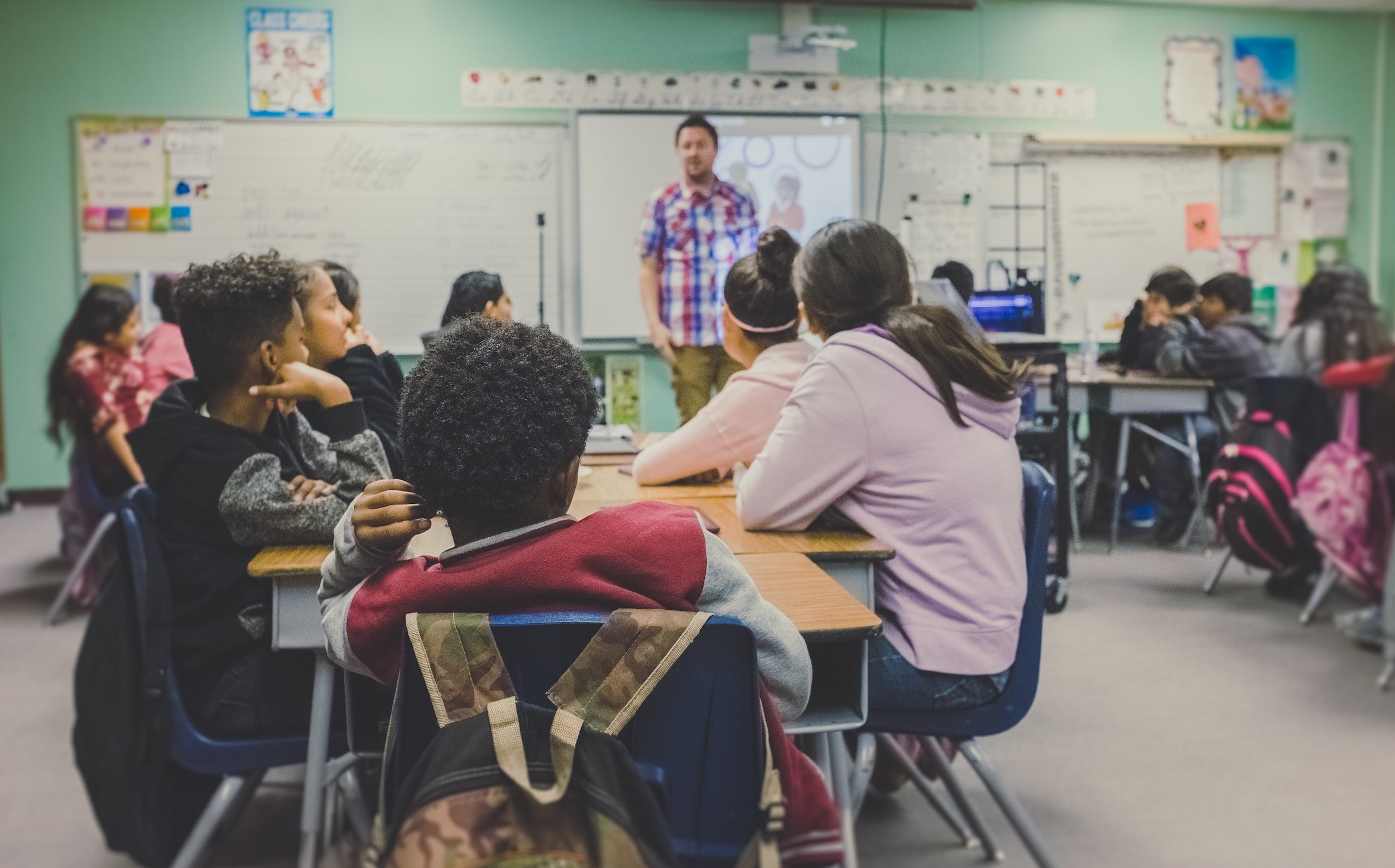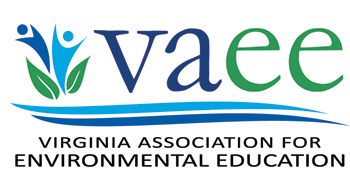
Environmental Literacy
Guidance & Resources
Environmental Literacy is having the knowledge, skills and dispositions to solve problems and resolve issues individually and collectively that sustain ecological, economic and social stability.
The 2014 Chesapeake Bay Watershed Agreement, signed by Governor Terence McAuliffe on June 16, 2014, commits the Commonwealth to meet the goals and outcomes set forth in the multijurisdictional compact. The education Goal and Outcomes of the Agreement extend to all localities and watersheds of the Commonwealth and the target of environmental literacy for all students by graduation.
Environmental Literacy Indicator Tool (ELIT) – Summary and Descriptive Statistics (PDF)
The Chesapeake Bay Program's Environmental Literacy Indicator Tool – or ELIT – was distributed to school divisions across Virginia in the summer of 2022. The purpose of the ELIT is to collect important information that will help advance the implementation of environmental education efforts in schools in the mid-Atlantic region. This tool, the data collected, and related efforts supporting environmental education in the region are in direct support of the Environmental Literacy Goal and Outcomes of the 2014 Chesapeake Bay Watershed Agreement.
Virginia Standards of Learning
The Standards of Learning (SOL) for Virginia Public Schools establish expectations of what students should know and be able to do at the end of each grade or course in English, mathematics, science, history/social science and other subjects. The SOL in certain disciplines support Environmental Literacy explicitly and in others implicitly.
2018 Science Standards of Learning Environmental Science Concept Development (Word) - This document highlights Environmental and Sustainability Standards that are found within the 2018 Science Standards of Learning in grade K-6, Life Science, Biology, Earth Science, and Environmental Science.
Addressing Climate Change Using the Virginia 2018 Science Standards of Learning (Word) - This document summarizes student performance expectations from the Virginia Standards of Learning Curriculum Framework, and excerpts from the Content Guidelines that pertain to climate change.
School Division Support
Environmental Literacy Plan Template - Each participating Bay jurisdiction should develop a comprehensive and systemic approach to environmental literacy for all students in the region that includes policies, practices and voluntary metrics that support the environmental literacy Goals and Outcomes of this Agreement, and school divisions across Virginia are encouraged to jump on board.
This template is designed to allow each school division in Virginia to create their own Environmental Literacy Plan scaffolded from Pre K- High School. Each school division can choose their own overarching Environmental Literacy Goals, a Multidisciplinary Investigative Issue for each grade level, SOL correlations for the investigations, and preferred partners to help implement the investigations.
Please share this wonderful resource with the schools and school divisions with which you work.
The U.S. Department of Education Green Ribbon Schools (ED-GRS) is a public engagement initiative for school sustainability that is structured as a federal recognition award. By highlighting schools, districts, postsecondary institutions, and early learning centers’ cost-saving, health promoting, and performance-enhancing sustainability practices, ED-GRS celebrates these institutions and brings more attention to their work. See US-ED Green Ribbon Schools for more information.
The Green Schools National Network, a non-profit organization founded in2008, works with educators, government, and non-governmental organizations and agencies, as well as private partners to create broad-based initiatives and successful strategies aimed at fostering healthy, sustainable K-12 schools across the United States.
Virginia Naturally (VAN) Schools is the official environmental education school recognition program of the Commonwealth, administered by the Department of Wildlife Resources. If your school has already been working to include education about the environment in the curriculum then apply for the Virginia Naturally School Recognition Award. This is not a one-time award but one upon which your school may build and achieve recognition each year you participate."
An international program of the Foundation for Environmental Education (FEE), Eco-Schools aims to empower students to be the change our sustainable world needs by engaging them in fun, action-orientated learning. Visit the Eco-Schools website for more information.
Curriculum Support
The Meaningful Watershed Educational Experience (MWEE) is a learner-centered framework that focuses on investigations into local environmental issues and leads to informed action. Through the Chesapeake Bay 2014 Agreement (as amended), Virginia is committed to increasing “students age-appropriate understanding of the watershed through participation in teacher-supported, meaningful watershed educational experiences and rigorous, inquiry-based instruction, with a target of at least one meaningful watershed educational experience in elementary, middle and high school depending on available resources.”
Please read more about the MWEE framework here. For educators in need of resources, check these out below:
- Educator's Guide to the MWEE
- District Environmental Literacy Planning Toolkit
- Virginia's Facilitator's Guide to MWEE Training
Project WILD is a wildlife-focused conservation education program for K-12 educators and their students. Project Wild provides both curriculum materials and professional training workshop opportunities to K-12 educators.
Project Learning Tree provides K-12 teachers environmental education curriculum materials once professional development opportunities are completed through the Project Learning Tree program. Project Learning Tree offers both classroom and online professional development to teachers. Some resources that do not required the completion of a training program are available at the Project Learning website
Chesapeake Bay Foundation provides teachers and students a variety of educational opportunities and resources to include field programs and professional learning experiences. In addition, an on-line library with activities and lesson plans are available for those that participate in CBF courses.

